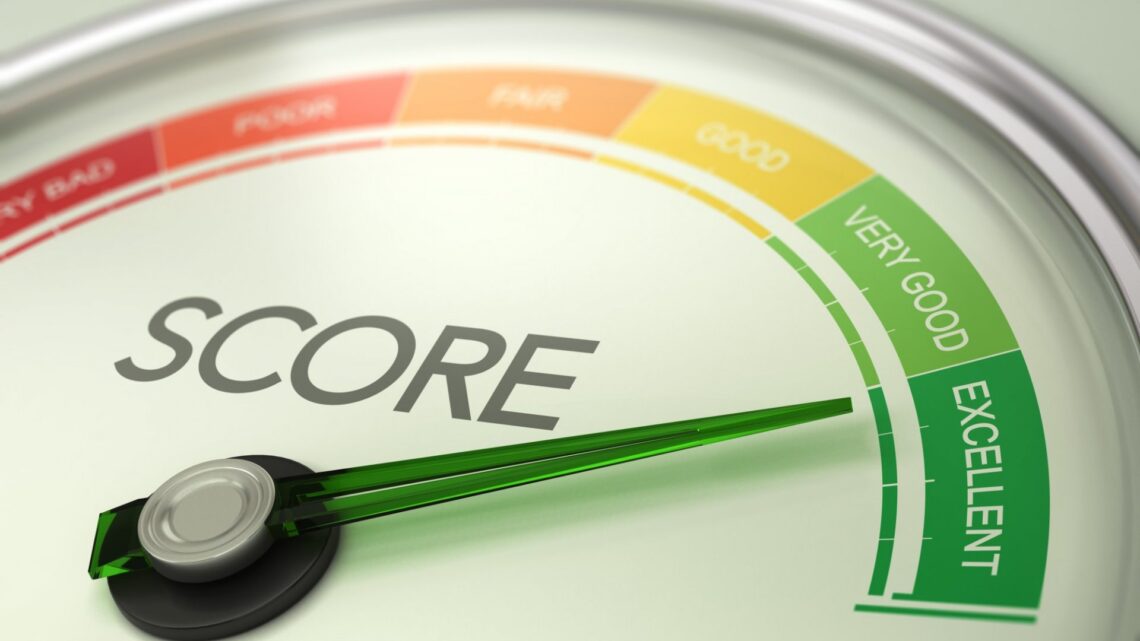
Credit bureau reporting wrong?
What to Do When the Credit Bureau Won’t Fix an Error on Your Report
If you need legal assistance with any of the below steps,
Contact the law firm at 888-275-2620
https://roncooklaw.com/contact-us/
When you find an error on your credit report, the Fair Credit Reporting Act gives you the right to clear up that error by disputing it with the bureau that provided the report. You can dispute credit report errors via phone, online, or by mail (disputing by mail gives you a paper trail that will come in handy if you need to later sue the credit bureau).
Once the bureau receives your dispute, they’re required to investigate your dispute and remove the error from your credit report if it is determined that the information being disputed is indeed inaccurate.
Unfortunately, the story doesn’t always end there. The dispute process sometimes fails to remove information from credit reports, even if the item is dispute is a real error. However, if your initial dispute didn’t get the error removed, there are further steps you can take.
Frequency of Credit Bureau Inaccuracies
According to a 2015 study by the Federal Trade Commission, 121 of 1001 survey participants had an unresolved dispute with a credit bureau. Of those, 31% later accepted the disputed information as correct, but the other 69% continued to believe that inaccurate information remained on their credit report.
The FTC report came after a year long investigation by the Columbus Dispatch in 2012. Investigators with the newspaper analyzed 30,000 credit report-related complaints to the FTC and 24 cases from state attorneys general concerning alleged violations of the Fair Credit Reporting Act (FCRA). The investigation found that more than half of the complaints were from people who couldn’t get the credit bureaus to fix their errors. The errors remained on credit scores despite proof being presented—and even when the errors seemed glaringly obvious. For example, some struggled to get their credit report to reflect that they hadn’t died.
Next Steps: Dispute It Again With New Information
If you keep disputing the same error without providing any new information, the credit bureau may determine that your dispute is frivolous. That’s bad for you because credit bureaus have fewer requirements for handling “frivolous disputes.” Your dispute won’t be investigated with the speed of other disputes, and the credit bureau may even be able to skip an investigation altogether.
However, if the credit bureau determines your dispute is frivolous, it does have to notify you in writing within five business days. This notification will include reasons for their decision, and what information is needed to restart the investigation.
If That Doesn’t Work, Take Your Dispute to the Business That Provided the Information
If a credit bureau isn’t fixing an error on your report, it could be because the error is on the part of your creditor or debt collector. If that’s the case, you’ll need to dispute the information with the creditor or debt collector so that they stop passing along this erroneous information to the credit bureau.
Send your dispute and proof to the entity providing the disputed information to the credit bureaus. If that doesn’t work, escalate your dispute within the company—get the CEO involved, if you have to. If the creditor does confirm that the information is inaccurate, they’re required to update the credit bureau with the correct information.
Points of Contact When Registering a Complaint
There are generally three resources you can use to complain about unresolved credit bureaus disputes:
- Your state’s attorney general
- The Federal Trade Commission
- The Consumer Financial Protection Bureau.
These agencies can’t necessarily force the credit bureau or creditor to update your account, but they are powerful government entities, and if a credit bureau knows they’re involved, it may be more motivated to fix your credit report. It’s also a good idea to involve these authorities because, if they receive enough complaints, they may file a lawsuit against a credit bureau or creditor. If they see a systematic problem, they can also help propose and push for legislative changes that will make it easier for all consumers to get similar disputes resolved.
Even without involving these agencies, you have the right to sue a credit bureau that violates any of your rights under the FCRA, including instances when a credit bureau continues to report inaccurate information. In 2013, a jury awarded an Oregon woman $18.4 million in her lawsuit against Equifax for this exact reason—it failed to correct her credit report after she sent eight disputes over two years.
To ensure the process is as smooth as possible, keep all the evidence of your disputes with the credit bureau (and the creditors), any responses from those entities, and notes of any phone calls you make regarding the dispute. Contact an attorney if you believe you have a strong case against the credit bureau.
When to Let a Credit Report Error Slide / Credit bureau reporting wrong?
As much as you want your credit report to be correct—and it’s your right to have an accurate credit report—it takes time and effort to continue submitting disputes. Therefore, if your first dispute doesn’t result in the change you hoped for, pause to consider the situation before submitting another dispute.
If the error isn’t affecting your credit score, doesn’t affect applications for credit cards or loans, or is scheduled to fall off your credit report soon, it may not be worth it to continue to pursue the error. Continue to monitor your credit report for future errors and be sure to dispute those if they’re serious.
CLICK HERE for information regarding books published by Attorney Ronald Cook.
CLICK HERE to contact the law firm.
Credit bureau reporting wrong?





